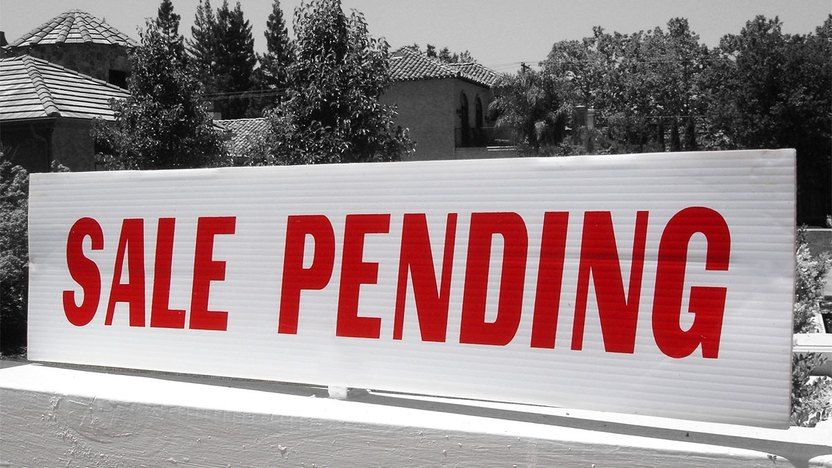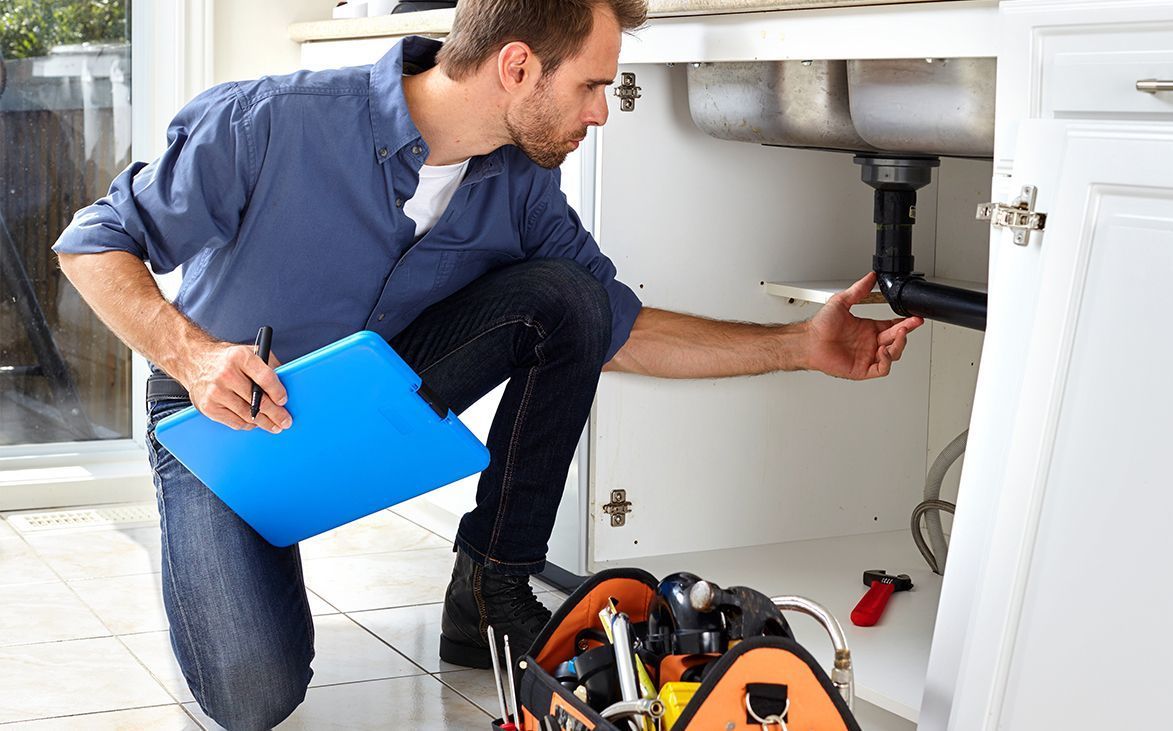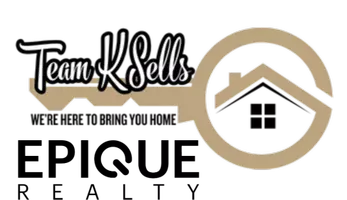No contingency on Sale or Close
Larger EMD (3% min.)
Full Lender approval (not just a pre approval)
Nonrefundable EMD
More money down on loan than typical for price range
Appraisal first or at same time as inspection (cash offers)
No seller concessions
Proof of EMD and down payment funds
Personal letter from the buyer relate to them
Writing the Offer
An EMD is a way of telling a seller that you are serious about buying the house. After your offer is accepted, I will be depositing the EMD with the title company immediately
A pre-approval/qualification shows a seller that you have already started the process with a lender and are able to afford what you’re offering.

Offer Accepted!
In your Purchase Agreement (PA), you will have time limits that you follow throughout the home buying process. I will be keeping us on track for these time limits but you should be aware of them. It is important to follow these time limits so the closing does not get delayed. I will then reach out to your lender to give them a “heads up” that we have a signed contract. This is when the lender will start to keep close contact with you to stay on top of the processing part of the transaction. Please note some lenders don’t like to call you until the inspection period is over. Also note there will be many items your lender is going to ask for at this time, be sure to be thorough and get these items to them in a timely fashion.

Home Inspection

The Appraisal
Shortly after inspection, the lender will order an appraisal. Within about a week, the appraiser will go to the property and determine if the property is worth what the bank is lending you. This takes about a week to get back. When the appraisal is done, the lender will be the first to know, she will then call you and I to let us know if the appraisal is “at value”. If the appraiser thinks the value of the property is lower than the contract price, we have choices:
Seller lowers their price
Buyer brings cash to make up the difference to the table
Seller and buyer meet in the middle and buyer brings cash to the table
Buyer walks away
Seller decides not to sell
An appraisal may come back at value but the lender (underwriting) says some things need to be fixed first. This is more likely to happen with an FHA or VA appraisal. The buyer usually covers the cost of a reinspection. There are many different scenarios that can happen depending on the extent of required repairs. These issues will need to be negotiated to satisfy the lender. The buyer may be responsible for a re-inspection fee.

Lender Underwriting

Closing



